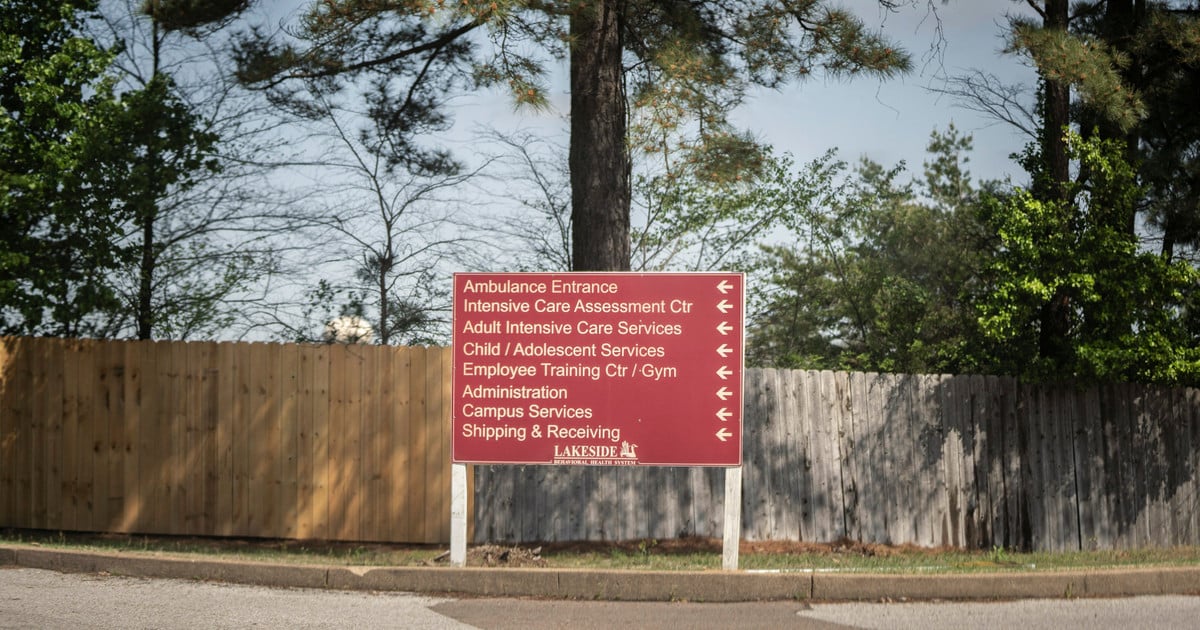
In Washington, the ripple effects of the ongoing government shutdown are beginning to resonate through the aviation industry, raising alarms among air traffic controllers and airline operators alike. As the shutdown drags on, the nearly 14,000 air traffic controllers who play a crucial role in maintaining the safety and efficiency of the nation’s airspace are facing yet another period of uncertainty and financial strain.
The current shutdown, which commenced early Wednesday morning, has already prompted the Federal Aviation Administration (FAA) to keep its air traffic controller training academy open. This decision is part of an effort to meet ambitious hiring goals, but it does not alleviate the immediate pressures faced by current controllers, who are required to work without pay during the shutdown.
Nick Daniels, president of the National Air Traffic Controllers Association, voiced his concerns in a recent video message to members, stating, “It’s an unnecessary distraction” on top of what is already known to be “one of the most stressful jobs in the entire world.” Daniels emphasized that many controllers will be forced to consider taking on second jobs or finding alternative income sources, such as driving for rideshare services, to make ends meet during this challenging time.
The specter of previous shutdowns looms large in the minds of controllers and airline executives alike. The last major shutdown in 2019 saw a significant number of controllers calling in sick, which led to chaos at major airports including LaGuardia in New York and Newark. On January 25, 2019, a shortage of controllers forced the FAA to limit traffic at major airports along the East Coast, causing widespread delays and disruptions. Although the FAA reported only a slight increase in sick leave during that shutdown, the impact was significant enough to create a backlog of flights and frustration among travelers.
Dennis Tajer, a longtime pilot for American Airlines and a union spokesperson, remarked, “You have the reality of human beings, many of whom are living paycheck to paycheck. It doesn’t take long before the system slows down.” Tajer highlighted the importance of maintaining the safety and efficiency of air travel, noting that while the safety margin is always protected, the capacity for handling aircraft can be severely impacted by controller shortages.
Observers have speculated that the disruptions in air travel during the previous shutdown may have been a contributing factor to President Trump’s decision to agree to a temporary funding measure that ended the longest shutdown in U.S. history after 35 days. As lawmakers in Washington appear far from reaching a resolution for the current shutdown, the aviation sector is bracing for potential delays and further chaos.
Daniels has urged controllers to maintain professionalism and avoid any coordinated job actions that could jeopardize their union’s status, stressing that “our professionalism and our credibility will be being looked at.” He cautioned that even a small number of sick calls could have a significant impact on air traffic operations, as evidenced by the disruptions seen in 2019.
Current controllers are feeling the strain of the prolonged shutdown and the effects it has on their morale and financial stability. One controller, who requested anonymity out of fear of FAA retaliation, expressed frustration, stating, “I work at the very top level of air traffic control as a profession, and I struggle financially. Missing a paycheck — I can probably miss one. But it will hurt badly.” The controller noted that morale is lower than it was six years ago, as staffing shortages have worsened and pay has stagnated.
With the specter of another shutdown-induced crisis looming, there is a growing concern that individual controllers may make the decision to call in sick, even without an organized effort. “It doesn’t even have to be organized,” the controller explained. “I think that enough people will individually make the decision that they don’t feel like going to work that this will not last a tremendous amount of time.”
As the government shutdown continues, the air traffic control workforce is left grappling with uncertainty and the potential for further disruptions in an already strained system. The impacts of these shutdowns extend beyond the controllers themselves, affecting travelers, airlines, and the overall economy. As negotiations continue in Congress, the hope remains that a resolution can be reached to prevent further turmoil in the aviation sector and to provide much-needed support for those on the front lines of air traffic control.


